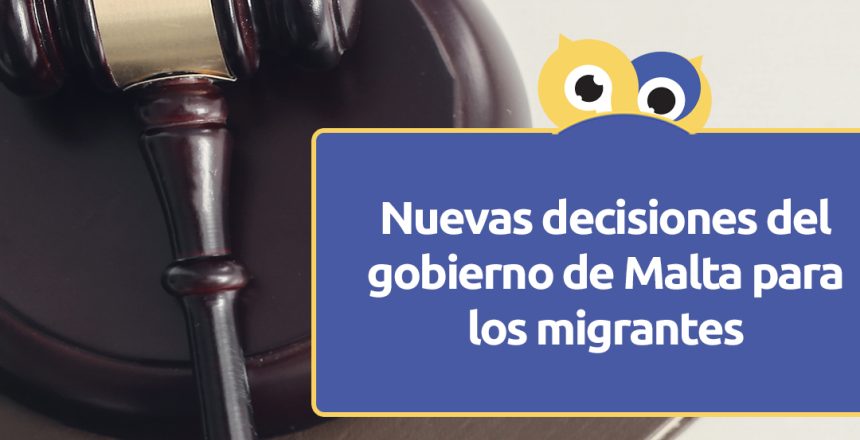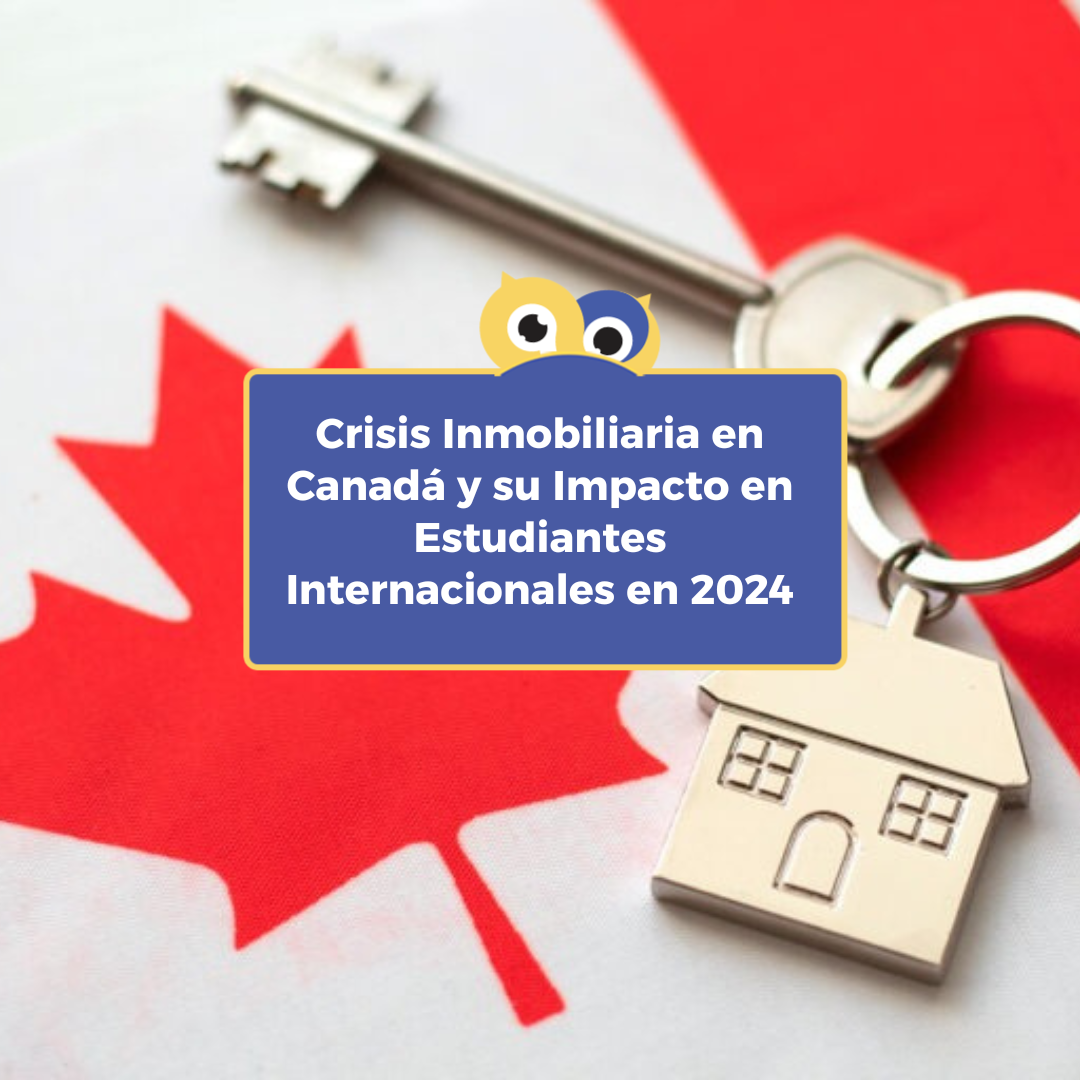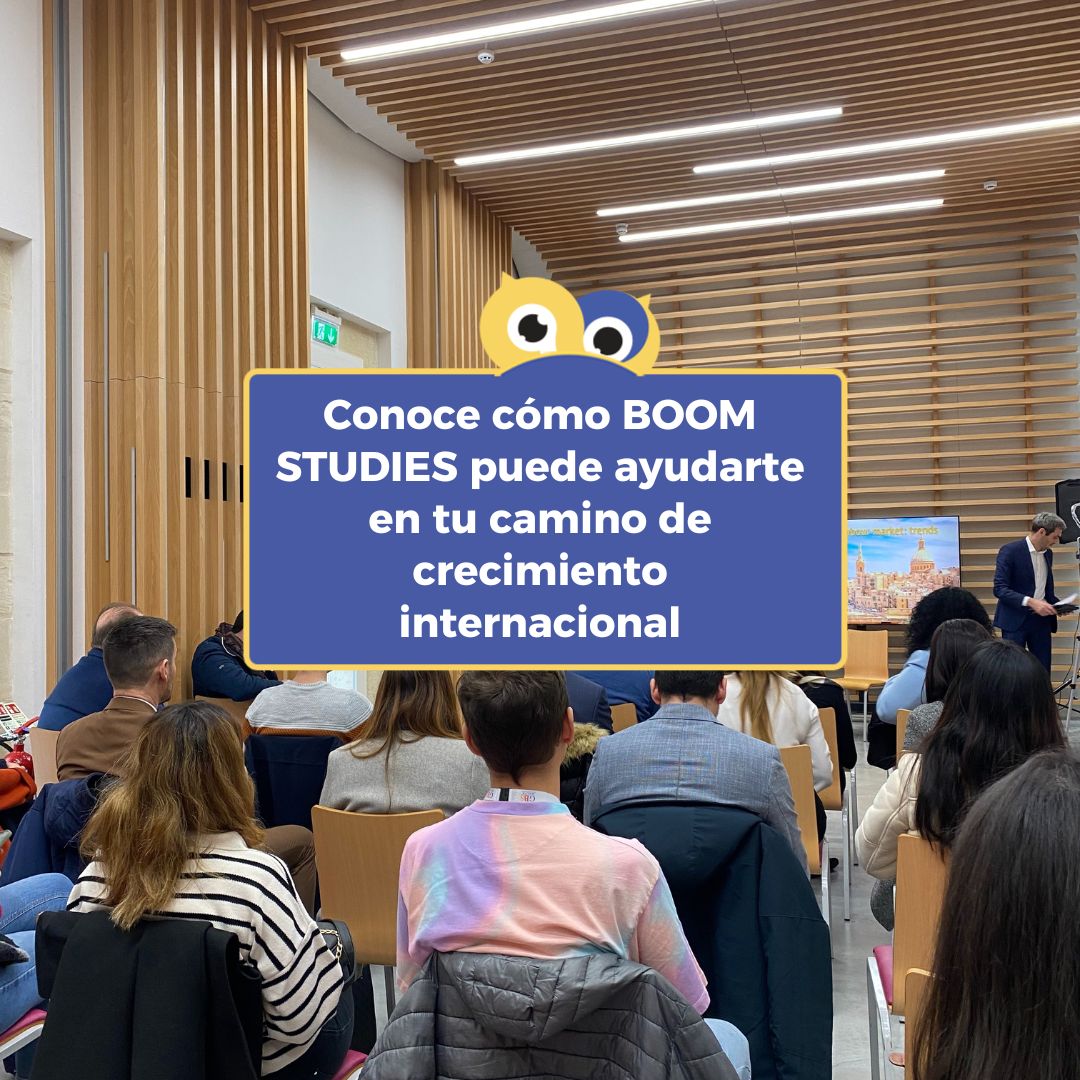Earlier this week, the Maltese government issued an official statement addressing the growing presence of non-Europeans on its territory, along with proposed solutions to address the issue.
What is going on?
The Maltese government is in a continuous search for a balance between its attractiveness as a global destination and the management of its demographics, and for this reason, the Maltese government was faced with great concern over the increase of non-European migrants in its territory, who are engaged in economic activities of various kinds.
This increase in population has raised alarm bells for the Maltese government, related to the impact of the number of migrants on the labour market, demographic imbalances, effects on local infrastructure and concerns on the part of Maltese citizens.
What has changed?
The Foreign Minister stated that the main objective is to limit the growth of the non-European population on the territory and to improve the conditions of current foreign workers. He also revealed that the majority of international workers are "low-skilled" and therefore, from now on, mainly qualified non-European candidates will be accepted.
From now on, before approving a work permit to potential foreign candidates, it will be analysed whether the position is really necessary and whether it will really contribute to the economic growth of the country. This is the opposite of the past, when the most important factor was to have the documents in order for the application to be accepted.
This new filter has affected potential migrants who are in the process of visa processing or those who are already in Malta, in the transition to obtaining a work permit.
What to do to go to Malta?
If you want to go and live in Malta for a period of time, it would be ideal to seek another means, such as education, to reside in the territory for a period of time and develop the skills necessary for the government to consider you as a "high-skilled" worker and allow you to stay. At Boom Studies, we are committed to partnering with high quality institutions to make this possible.
Thus, an alternative for those seeking to migrate to Malta are the following types of visa:
- Student visa.
- Residence visa for higher education students.
- Key employee or Digital Nomad.
This information can be found in more detail in our blog.
Find the official note at Times of Malta.








